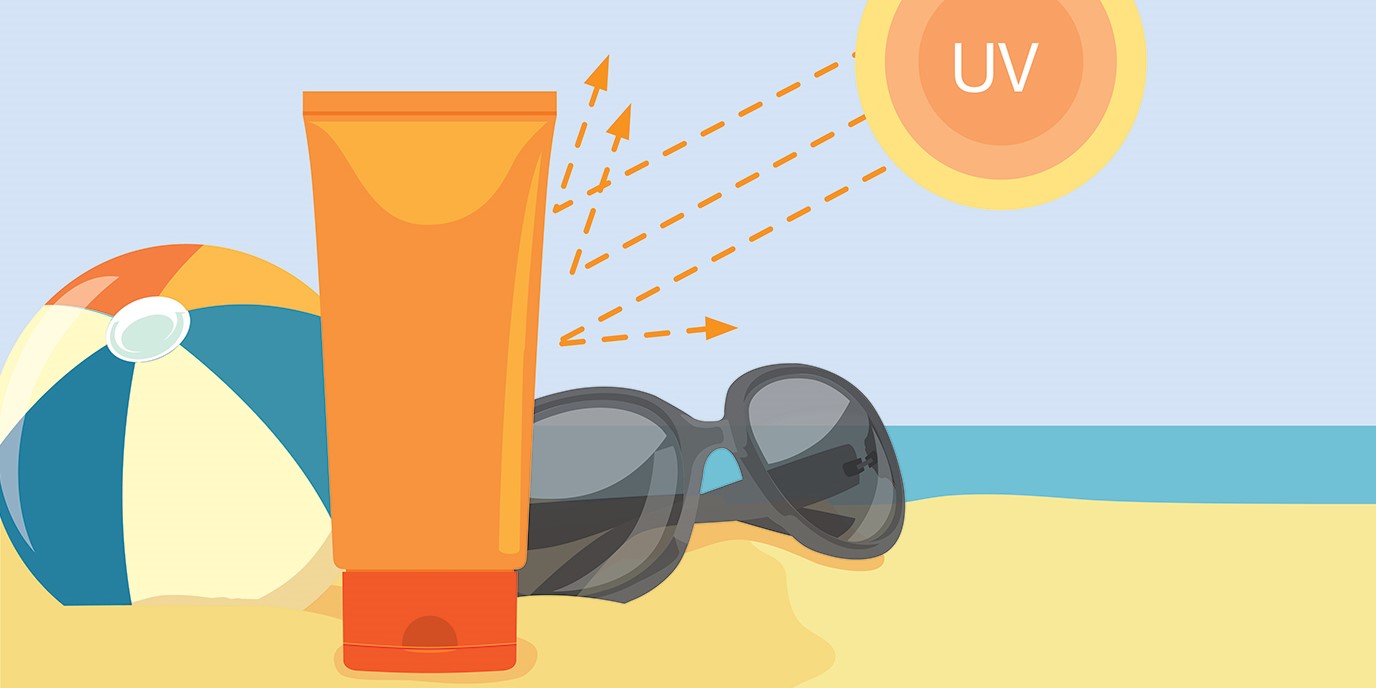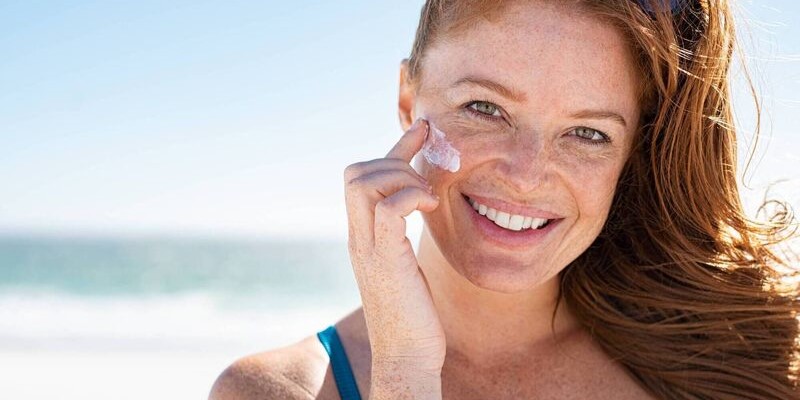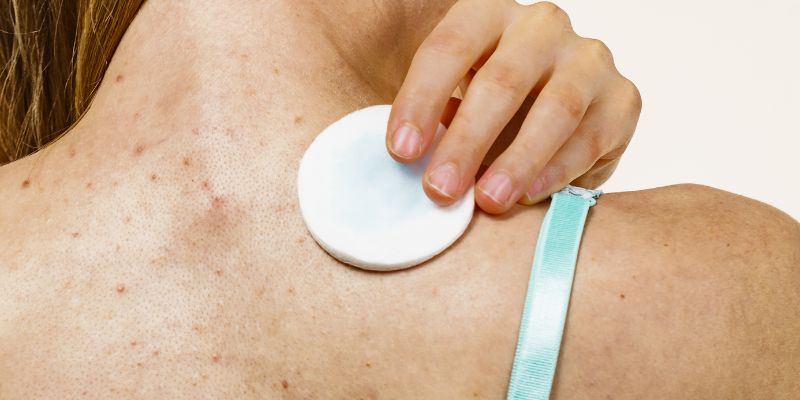Top 10 Sunscreen Questions Answered: Your Guide to Choosing the Best Protection

Top 10 Sunscreen Questions Answered
Here are the answers to the most asked sunscreen questions.
What does SPF mean, and is higher SPF better?
SPF is a metric used to determine how well a product protects against UV radiation from the sun. For example, 93% of UV rays are blocked by SPF 15, 97% by SPF 30, and 98% by SPF 50. Experts advise sticking to SPF levels between 30 and 50 since it provides adequate protection. However, a higher SPF doesn't make a lot of difference. The majority of dermatologists believe that using sunscreen with an SPF of at least 30 is recommended. Sunscreens with an SPF of 50 or higher can be more expensive and provide hardly any additional protection.
How much sunscreen should I apply?
Adults should cover sun-exposed portions of their bodies with one ounce. Kids should use roughly half that quantity. You should not apply twice on the same area at a time; instead, reapply after two hours. Keep in mind that not all UV rays are blocked by sunscreen. Sunglasses, hats, and protective clothes are other effective strategies to reduce further exposure to the sun.
Should babies and kids use different sunscreens?
Since physical sunscreens are far less likely to result in rashes or other allergic reactions, skincare professionals advise using them for kids, babies, and anyone with sensitive skin. A zinc oxide-based hypoallergenic sunscreen can be a good option for juniors. Spray sunscreen can make applying sunscreen less of a chore for slightly older children who may find it challenging to sit still. To ensure you're using enough, spray until the skin shines.
Which sunscreen is the best to use?
Cream or lotion-based sunscreens are the best to use. Despite the increasing popularity of sunscreen sprays, most people don't apply enough to their bodies to benefit from them. You're actually not getting anything if you just spray it and go. You have to be careful when getting enough sunscreen on. Instead, dermatologists suggest using a cream-based sunscreen.
Should you wear sunscreen on your body every day?
Yes, using sunscreen daily is generally advised, regardless of the weather or the activities you have planned. UV rays damage our skin cells, increasing our risk of skin cancer and aging. It is essential to use sunscreen daily to shield the skin cells from such damage. Using sunscreen on a daily basis prevents damage to your skin from UV rays, which can cause skin cancer, early aging, skin tanning, and other skin problems.

Is sunscreen effective at preventing tanning?
An effective sunscreen will protect the skin from the damaging rays that cause that reaction, preventing tanning or a darkening skin tone. Most people make the major mistake of not applying or reapplying sunscreen frequently enough to provide sufficient protection. It's also essential to note that sunscreen does not completely shield us from UVA and UVB radiation. It makes it even more important to apply sunscreen alongside other sun-smart practices.
What's the difference between chemical and physical sunscreens?
The only ingredients in physical sunscreen are titanium oxide and zinc oxide. That's why some call it "sunblock." It sits on the skin and blocks the sun's rays. People with sensitive skin are typically advised to use physical sunscreens. Chemical sunscreen functions differently by absorbing the sun's rays like a sponge to prevent them from penetrating the skin. If you've tried both, you've probably observed that chemical sunscreens are simpler to apply to your skin. Moreover, they don't leave any white residue.
Should I wear sunscreen if it's cloudy outside?
Indeed, sunscreen should be applied even on overcast days. People often get sunburnt on cloudy days if they spend a lot of time outside without proper UV protection because 40% of the sun's UV rays can penetrate through clouds. All year long, you should cover your face, neck, and back of your hands with sunscreen.
Which SPF is the best to use?
It is best to look at a target range and choose one based on your skin type rather than sticking to a one-SPF-fits-all strategy. Although a minimum of SPF 30 is often advised, the optimal range is between SPF 15 and 50. Persons with skin cancer or other skin disorders should consult their doctors to determine whether an even higher SPF is necessary in addition to additional preventive measures.
Does sunscreen have any alternatives?
Avoiding the sun is an effective way to prevent UV damage to your skin, particularly between 10 am and 4 pm when the sun's rays are at their highest. Wearing protective gear, such as hats with wide brims and long-sleeved shirts also helps. While alternatives such as supplements or sunscreen tablets are being studied right now, none of them have received FDA approval, and there is no proof that they are both safe and effective.
Conclusion
Using sunscreen is crucial in minimizing the negative effects of the sun's harmful UVA and UVB rays. Adults and kids of all skin tones should wear sunscreen with an SPF of 30 to 50 for outdoor activities. A lotion-based sunscreen with at least SPF 30 is advised for children over six months. Additionally, applying sunscreen alone won't shield you from the sun's rays. You can also protect yourself from the sun by wearing protective clothes and finding shade. We hope this guide answers every sunscreen question you have.











